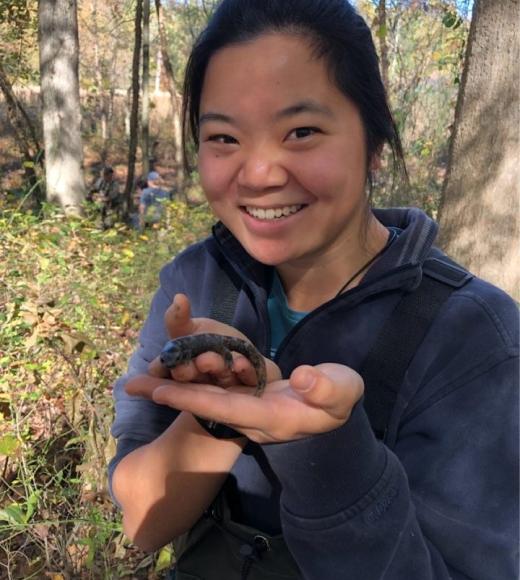
Position Title
PhD Student
We want to determine the feasibility of growing rice in "no-till"soils with respect to yields, N requirements and weed pressure. Overall, the key dependent variables that will assess affecting grain yield are weed control and nitrogen management. Most rice growers in California till both in the fall and the spring to incorporate rice straw, and prepare the seedbed, respectively. Harvesting equipment can leave deep tracks in the field that prevent rice establishment and promote weed problems, so "no-till" rice systems are often unsuccessful. While fall tillage is necessary to level the field and incorporate straw, minimum-till rice systems with no spring tillage are an option and have been evaluated in the southern United States and Asia. No-till systems have been shown to reduce yields by as much as 5.1%, so our nitrogen trials will help us determine the amount of N fertilizer required to attain the same yields as tilled rice. Foregoing spring tillage can have many benefits such as reduce fuel energy consumption and cost, ability to plant earlier, better control of herbicide-resistant weeds, and minimizing soil disturbance. Having been a member of the University of Maryland's Soil Quality Laboratory studying the effects of early-planted cover crops and nitrogen uptake, as well as agricultural technician at the Beltsville Agricultural Research Center of the USDA, I am excited to work in a completely new crop system to help develop more sustainable and efficient farming techniques.
- PhD